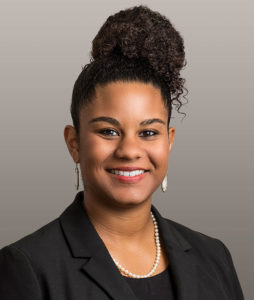By Paige Duggins-Clay, J.D. • Learning Goes On • March 23, 2022 • 

A foundational belief of restorative justice in education is that all human beings are worthy and interconnected. This principle can be found in many indigenous and African traditions.
One representative example is the concept of ubuntu developed and maintained by many South African communities. As legendary civil rights lawyer and community activist Fania Davis has explained, ubuntu flows from the Nguni proverb, “Umuntu ngumuntu ngabantu,” which translates as “I am because we are, and we are because I am.”
The proverb expresses a universal African core belief that “the individual exists only in relationship to the collective.” The expression has also been translated to mean “A person is a person through their relationships,” further emphasizing our need to build strong communities with one another, along with the corollary responsibility to care for one another and the community we co-create. This ethos can be found in other cultural and faith traditions making up the mosaic of identities represented in our public schools.
Translating this philosophy into practice is both challenging and necessary, particularly as our students, parents and educators work to rebuild, heal and strengthen relationships damaged by the isolation and disconnection of the pandemic. The social and physical isolation resulting from the pandemic created significant obstacles to building connections and relationships in and outside of schools that require thoughtfulness and intentionality to redress. And as students and educators continue to return to in-person communities with each other, now is the time to invest in proactive restorative practices that strengthen community by building relationships.
As Gabriel Velez suggests, “While restorative justice may not be primarily therapeutic in nature and its application in schools is not directly framed as social and emotional learning, its focus on relationships, repair and genuine horizontal engagement has the potential to support collective resilience and build key psychosocial skills.” In addition, promoting social and emotional learning as complementary to academic learning has been shown to bolster community and mental health, particularly in relation to self-perception and belonging. Restorative practice, which is a “relational approach to building school climate and addressing student behavior,” provides a framework for restoratively engaging with one another even in the face of individual differences or disagreements. Such practices include community-classroom circles and restorative conferences.
Using the spirit of ubuntu as the starting point for relationship building and responding to incidents of harm inherently responds to these dynamics by recognizing humans’ deep need for connection and community. Rather than distancing from or attempting to minimize an “other,” ubuntu challenges us to center others in our conceptions of ourselves. That means finding ways to recognize the commonalities in our shared experiences and how those experiences are enriched by the diverse cultural backgrounds all students and educators bring to the school community.
[©2022, IDRA. This article originally appeared in the March 23, 2022, edition of Learning Goes On by the Intercultural Development Research Association. Permission to reproduce this article is granted provided the article is reprinted in its entirety and proper credit is given to IDRA and the author.]


